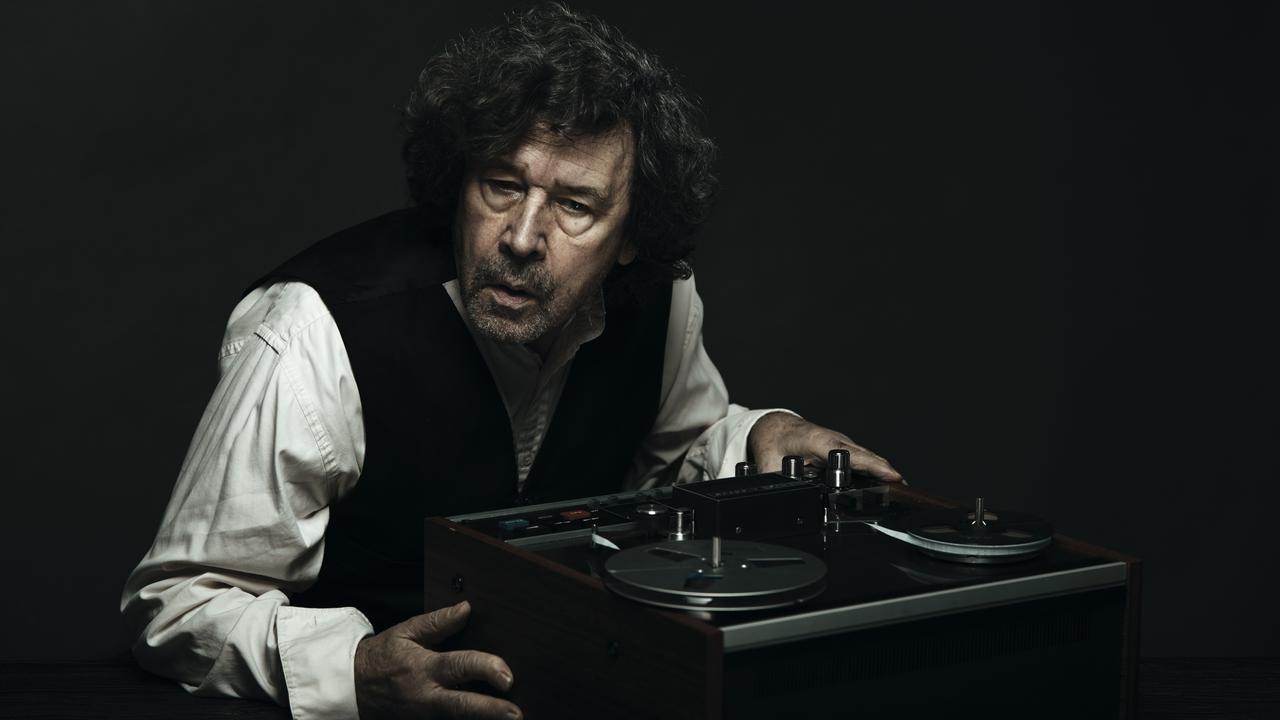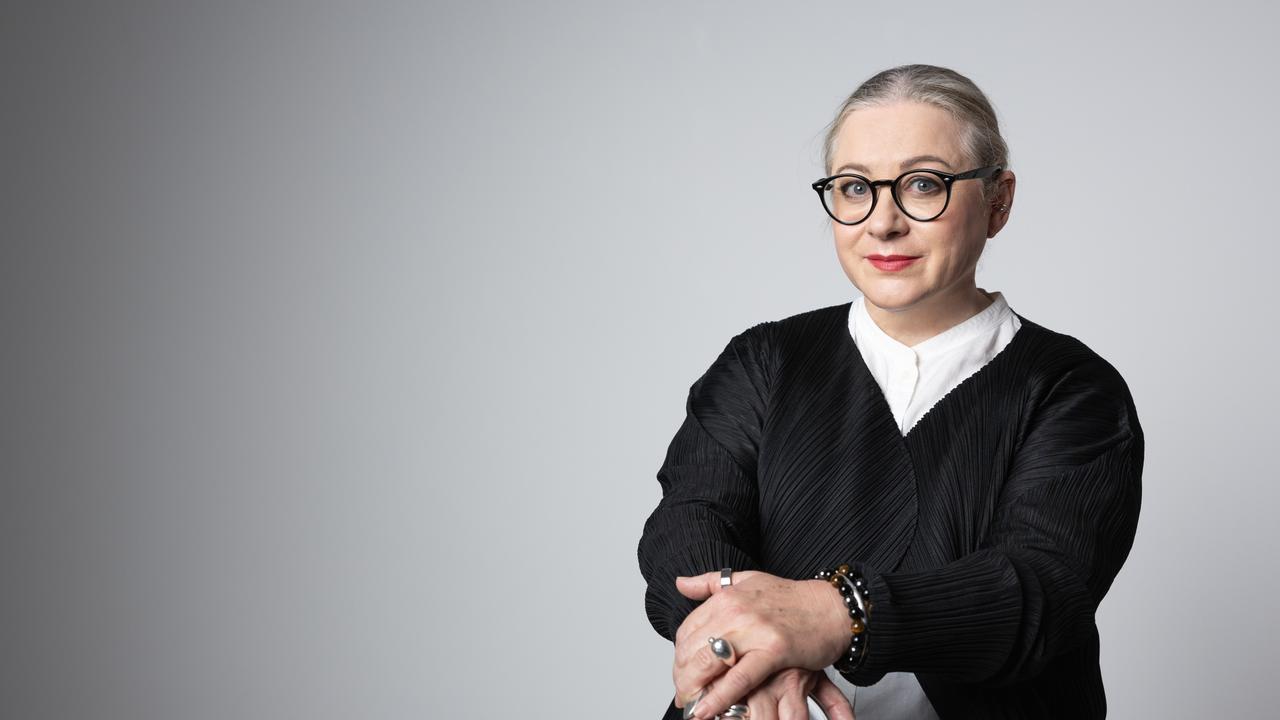The Gulf, Anna Spargo-Ryan; Ache, Eliza Henry-Jones
As a self-help book, Anna Spargo-Ryan’s novel The Gulf might be titled How to Keep Your Mum Away From Toxic Men.
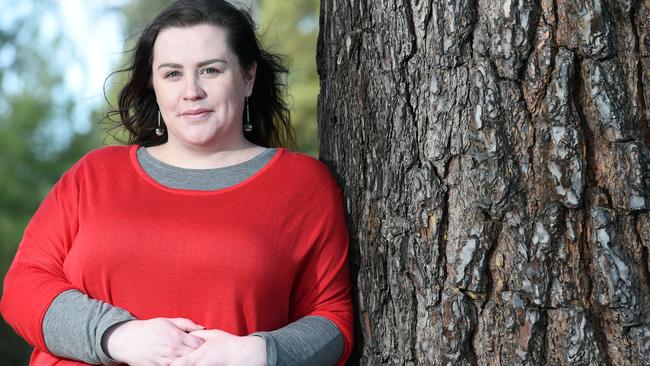
Raise your hand if you would rather read a novel than a self-help book. OK, hands down. Next question: can novels also show us how to parent, how to look after our parents, when to love and when to leave? Can they show us how to live a richer life?
Which is a finer example of child rearing: Raising Girls or Little Women? Will reading The Secret History teach you more about choosing friends than How to Win Friends and Influence People? Can novelists tell stories that make us recognise something intrinsic about being human? Can they reflect our own choices back to us, magnify them even, and make us live a more closely examined life?
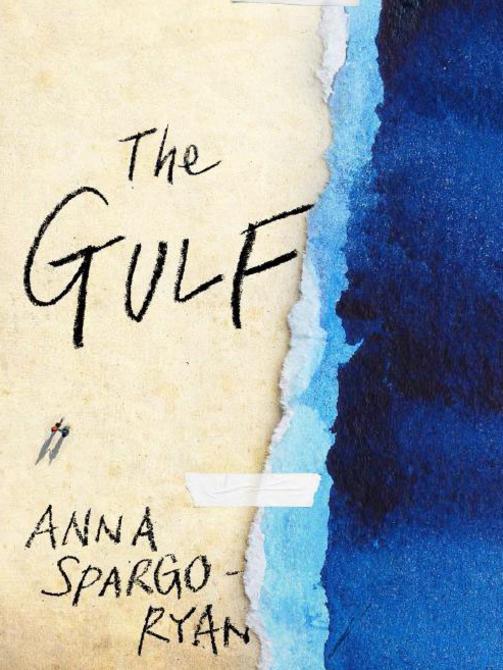
As a self-help book, Anna Spargo-Ryan’s second novel The Gulf might be titled How to Keep Your Mum Away From Toxic Men.
It’s the story of a 16-year-old, Skye. Skye’s mum Linda meets her new boyfriend, Jason, at the supermarket.
Told in the first-person, The Gulf opens with Skye reflecting that Linda has morphed into many versions of herself for the many boyfriends she has had: “She’d been a cowboy boot wearer and a biker chick and a Liberal voter. She’d been a person who went to raves in the bush and a person who watched horror movies and a person who had to sleep with the fan on.”
But then Jason appears on the scene. He’s big, tattooed and balding, and he leaves plastic tubs around their flat that Skye isn’t allowed to open. Spargo-Ryan keeps us firmly within Skye’s perspective, and Skye senses but doesn’t know what danger Jason brings.
Part of the revelation of many coming-of-age novels is the idea that our parents are not as perfect as we imagined them to be. Spargo-Ryan takes this a step further because Linda’s desire to be loved is downright dangerous, and her willingness to follow the man in her life means she drags her children along for the ride.
The brilliance in this novel is in the humour and believability of these characters combined with the tension as their lives unravel. Skye does her best to look after her little brother Ben (who is 10) when she realises no one else is, but she also spends a colourful chunk of her vocabulary criticising her mum and Jason. When her mum decides they will vacate their flat in Adelaide overlooking the Westfield parking lot and move to Port Flinders to be with Jason, Skye questions the quality of Jason’s place.
“It’s a fine place,” he said. “Just not full of kid crap.”
“Kid crap? Like, actual children?”
“Like shitty toy cars”
I crossed my arms. “Just shitty actual adults.”
Jason raised his flat hand. “You want to say that again.”
Spargo-Ryan does the shorthand of family dialogue with skill: the “dunnos” of the monosyllabic Jason, the encyclopedic chatter of Ben about animals, the snark between Skye and her mum. The threat of Jason is best portrayed by his dog, Murray, who is chained, blind and crippled, in his back yard. Murray’s history is hinted at but never fully known and Murray’s own aggression stems from the mistreatment he has borne. It’s not always easy to read The Gulf but it is impossible to turn away.
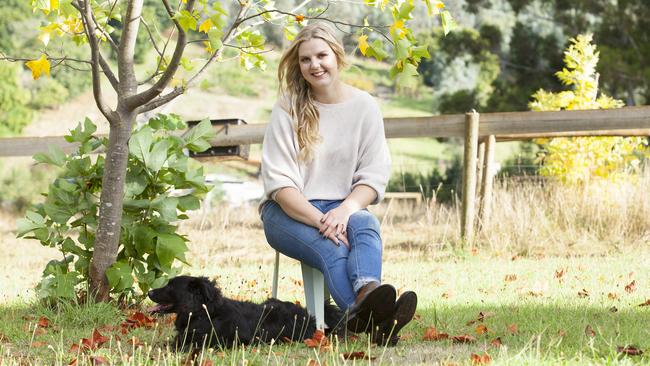
Eliza Henry-Jones’s Ache is also a second novel with a female protagonist, an unconventional mother and a child who echoes a troubled home life, but this time the trouble comes from the outside. As a self-help book, Ache would be titled How to Keep a Bushfire from Tearing Your Family Apart. It is set in the aftermath of a bushfire in Victoria that has devastated Annie’s home town, killing her grandmother and traumatising her young daughter.
That Henry-Jones is not yet 30 is extraordinary in that she has already found a distinct voice and setting for her novels.
As Annie tries to help her struggling mum — an ageing hippie who “has stayed a teenager long into her adult years”, and sort out her own conflicting emotions about who she loves and where she ought to be — Henry-Jones brings us into the sleepy, sappy world of half-burnt trees, cupcakes, gumboots and bee hives.
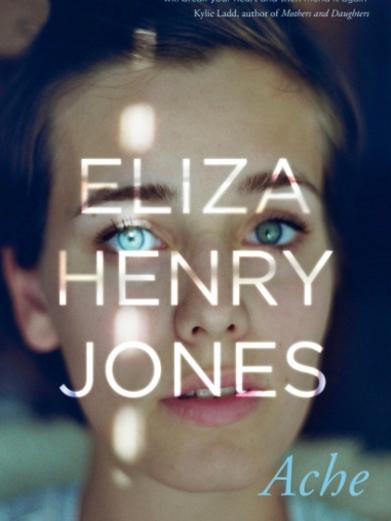
Many of the people on the mountain, Annie included, haven’t come to terms with what happened during the bushfire and the rifts that opened in the community afterwards. Annie’s ex-boyfriend Alex is blamed and the flashes of violence are unsettling, perhaps because we don’t ever see the source; no one is ever held responsible.
Meanwhile the writing slips into familiar patterns of prettiness that lull the reader: “Her own childhood memories are caramel coloured. Eucalypt. Honey. Paint. Ponies. Alex. They are wide paddocks and the feeling of eggs and feathers. The taste of homegrown vegetables and the sound of women’s voices.”
So it seems out of place when nameless people in the street of the small mountain village accost Annie, when Alex’s throat gets burned with a circle of pipe, held first to an open flame.
Henry-Jones portrays the complexity of relationships with skill, however, and the way closeness sometimes skips a generation in a family is beautifully rendered. Then there is the natural environment: the “sounds of lyrebirds fanning out from the underbrush” and the way a place can burrow into you. How it can move on without you knowing it so that it no longer matches what your memory of it is.
What novels such as The Gulf and Ache allow for is the slow dawning of realisation. Readers can come to their own conclusions about right and wrong. Stories open us to opportunity, and fiction allows that rare strange chance to live another life — if briefly — inside someone else’s head. The skill of authors such as Spargo-Ryan and Henry-Jones allows us to step away from the self-help section. Put down that copy of The Life-Changing Magic of Tidying Up. It won’t really change your life. Pick up one of these instead.
Eleanor Limprecht is an author and critic.
The Gulf
By Anna Spargo-Ryan
Picador, 294pp, $29.99
Ache
By Eliza Henry-Jones
HarperCollins, 261pp, $29.99

